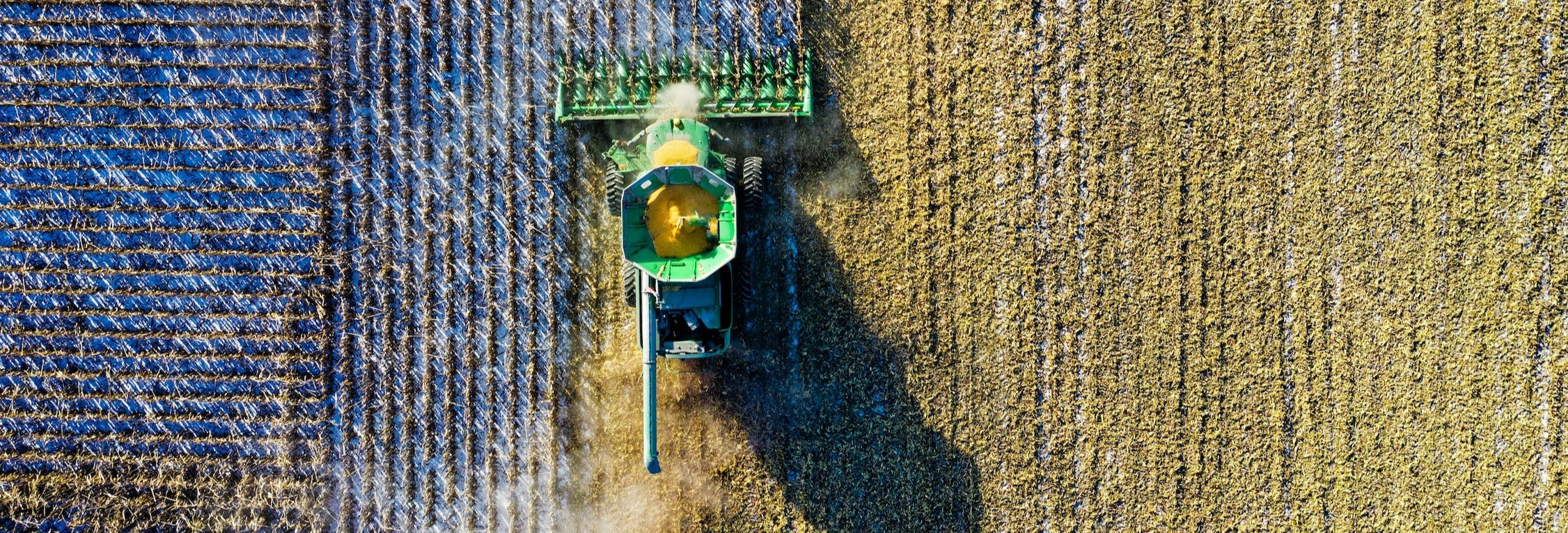Abstract
Novel biotechnological approaches are needed to enhance renewable food production and waste recycling capabilities in resource-constrained environments. Edible mushrooms possess nutritious profiles and represent emerging opportunities to develop circular bioproduction by transforming waste organic materials into food and high-value products. However, traditional mushroom cultivation methods utilizing solid substrates have technical limitations like 1) uneven nutrient diffusion, 2) constant sterilization needs, 3) numerous intermediate steps that are energy and time-demanding, and 4) waste production from bags and jars. This work introduces an innovative hydroponic fungal cultivation system called Mycoponics™ using bioengineered ceramic materials. This liquid-nutrient-based technique optimizes fungal metabolism and facilitates precise nutrient delivery through biophysically engineered ceramic growth elements, overcoming the limitations of traditional solid substrates. To validate Mycoponics™, we have developed different geometries of the biophysical ceramic growth elements (i.e. mycoponic tubes) and formulated novel living nutrient solutions for experiments using various commercial fungal strains and growth conditions. Sporocarp (i.e. mushroom) production is achieved through different nutrient solutions engineered for the nutritional requirements of each fungal strain. Infrared imaging and microscopy demonstrated consistent, robust mycelial development compared to traditional methods, even when the nutrient solution is not sterilized likewise allowing mycelium access to circulating nutrients without substrate penetration showed longer constant production, avoiding nutrient depletion seen in conventional cakes. Synthesis of high-value products like mycoleather was explored, showing uniform, high-quality material production. By avoiding bulky substrates and exploring new growth surfaces, Mycoponics™ represents a solution for food security, sustainable biotechnology, and bioregenerative life support systems on Earth.
Start Date
7-3-2024 10:30 AM
Recommended Citation
Baena, Alexander and Porterfield, Marshall, "Mushrooom Production Without Solid Substrates" (2024). Graduate Industrial Research Symposium. 8.
https://docs.lib.purdue.edu/girs/2024/posters/8
Mushrooom Production Without Solid Substrates
Novel biotechnological approaches are needed to enhance renewable food production and waste recycling capabilities in resource-constrained environments. Edible mushrooms possess nutritious profiles and represent emerging opportunities to develop circular bioproduction by transforming waste organic materials into food and high-value products. However, traditional mushroom cultivation methods utilizing solid substrates have technical limitations like 1) uneven nutrient diffusion, 2) constant sterilization needs, 3) numerous intermediate steps that are energy and time-demanding, and 4) waste production from bags and jars. This work introduces an innovative hydroponic fungal cultivation system called Mycoponics™ using bioengineered ceramic materials. This liquid-nutrient-based technique optimizes fungal metabolism and facilitates precise nutrient delivery through biophysically engineered ceramic growth elements, overcoming the limitations of traditional solid substrates. To validate Mycoponics™, we have developed different geometries of the biophysical ceramic growth elements (i.e. mycoponic tubes) and formulated novel living nutrient solutions for experiments using various commercial fungal strains and growth conditions. Sporocarp (i.e. mushroom) production is achieved through different nutrient solutions engineered for the nutritional requirements of each fungal strain. Infrared imaging and microscopy demonstrated consistent, robust mycelial development compared to traditional methods, even when the nutrient solution is not sterilized likewise allowing mycelium access to circulating nutrients without substrate penetration showed longer constant production, avoiding nutrient depletion seen in conventional cakes. Synthesis of high-value products like mycoleather was explored, showing uniform, high-quality material production. By avoiding bulky substrates and exploring new growth surfaces, Mycoponics™ represents a solution for food security, sustainable biotechnology, and bioregenerative life support systems on Earth.


